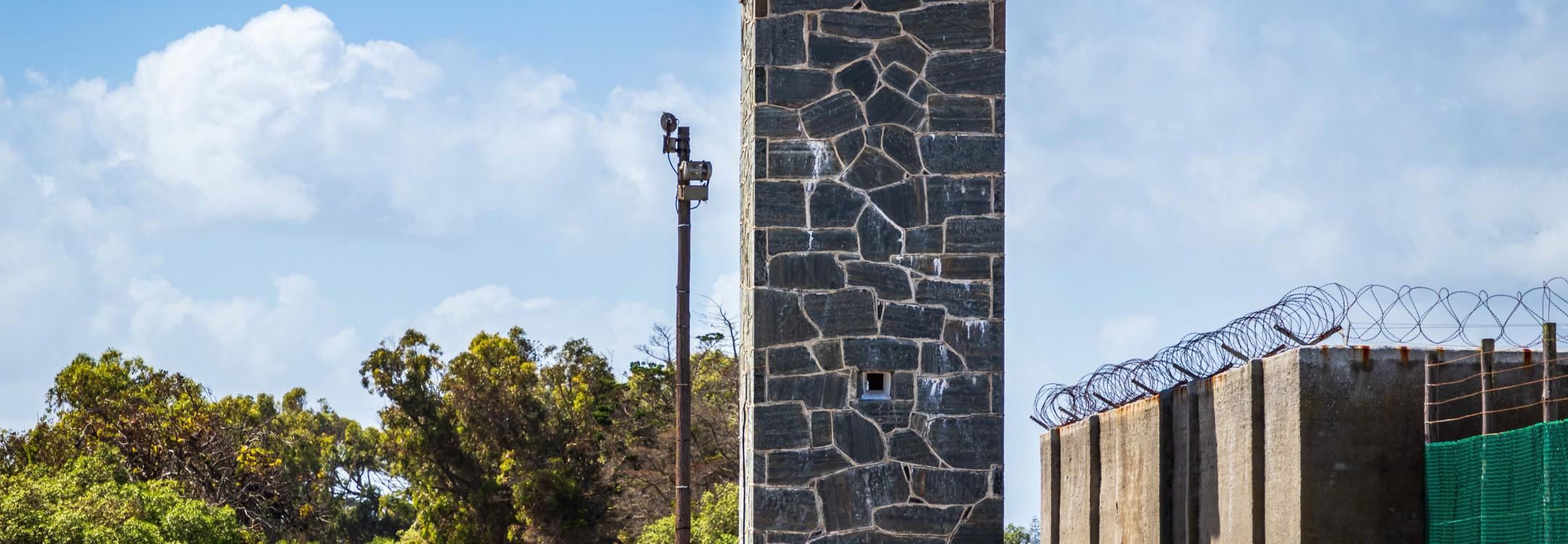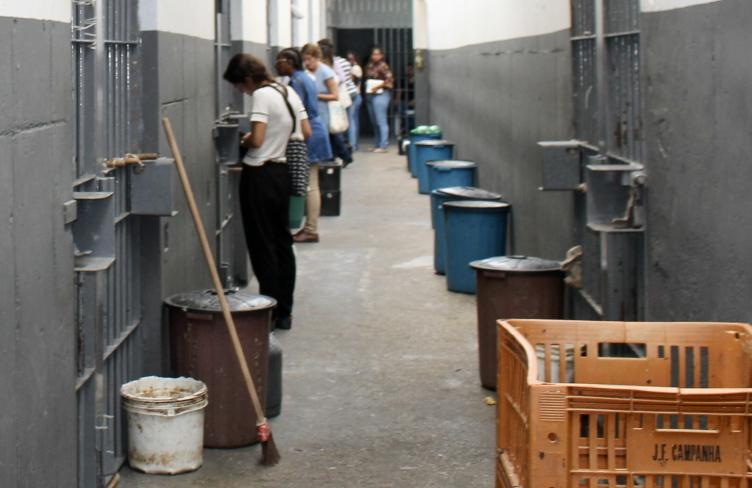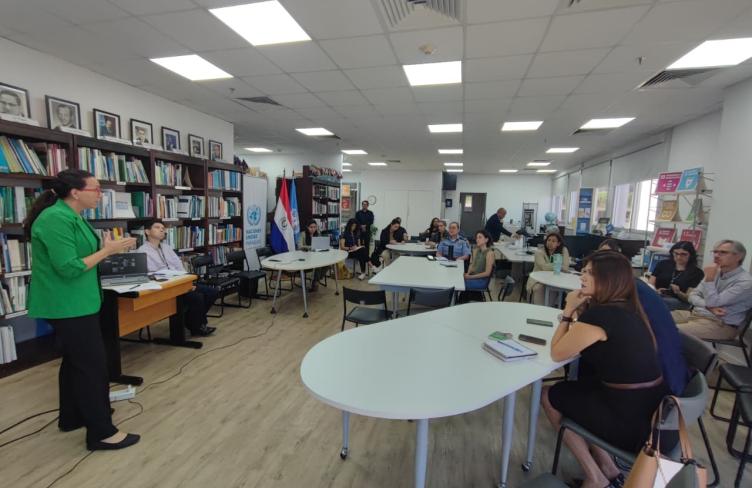
The Robben Island Guidelines has been described as a turning point in the history of prevention of torture in Africa. The Guidelines, adopted by the African Commission in 2002, became the first regional instrument for the prohibition and prevention of torture. Now, after ten years, it is time to consolidate the experiences made so far and to analyse the challenges which still remain in the fight against torture on the African continent.
In early 2002, the African Commission and the APT invited regional and international experts to discuss the creation of a comprehensive tool to address the issue of torture in Africa. The workshop was held on Robben Island, a symbolic place for the continent where Nelson Mandela and other anti-apartheid activists had been detained. The Robben Island Guidelines, drafted at the workshop, gives concrete guidance for African States on how to fulfill their national, regional and international obligations to prohibit and prevent torture and to ensure redress for victims.
Since then, a regional mechanism – the Committee for the Prevention of Torture in Africa (CPTA) – has been set up to promote and facilitate the implementation of the Guidelines and many African countries have achieved concrete goals in the prevention of torture. These experiences and good practices will be in focus when the CPTA and the APT jointly organizes a commemorative seminar on the occasion of the 10th anniversary of the Robben Island Guidelines. This seminar will be held in South Africa 21-23 August 2012 and will bring together actors from different sectors and countries to share their experiences and reflect on solutions to overcome common challenges.
The seminar will include concrete working sessions, sharing of country experiences and discussions on the role of different national and regional actors, in particular the role of the CPTA in supporting and enhancing national implementation of the Robben Island Guidelines.


